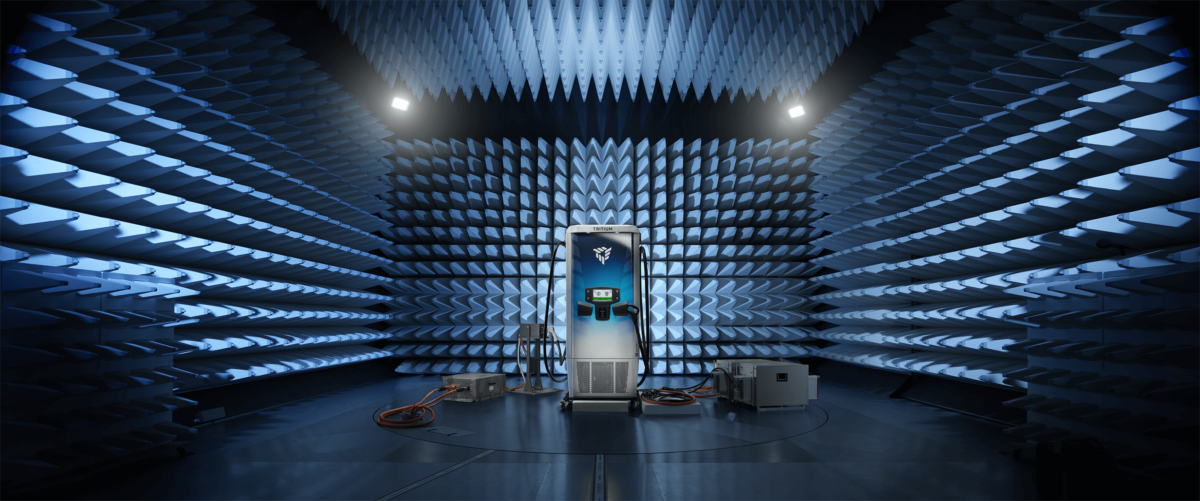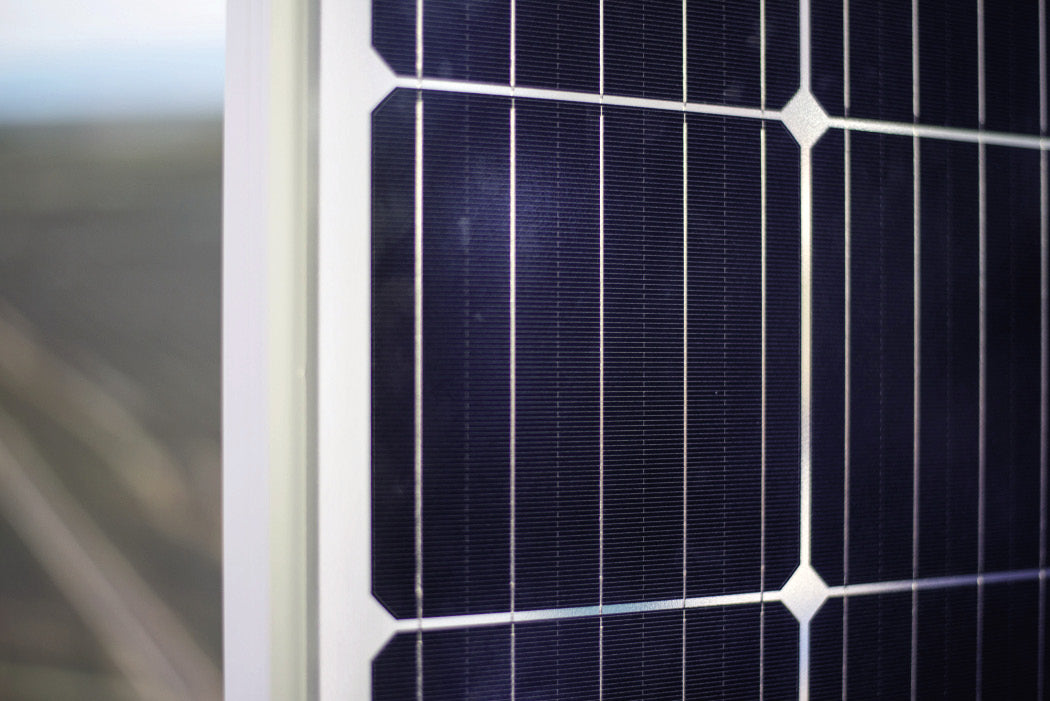https://www.pv-magazine-australia.com/2022/02/08/forget-batteries-what-if-surplus-renewable-energy-could-be-stored-as-information/

While some companies, such as Google, balance their data center power usage with renewable energy power purchase agreements, this still addresses only average power generation, not the peaks and troughs of generation.
Pixabay
From pv magazine Global
While there is so much work going into developing new and existent battery chemistries and system designs, a pair of researchers from the University of California San Diego have proposed a new battery system that involves no physical device.
The team dubbed their concept information batteries, in which energy is stored in the form of information—specifically, the results of completed computational tasks. The idea is to speculatively perform computations in large, energy-intensive data centres when solar and wind energy is available in excess and stored the results on servers for later use, when there is less renewable energy on the grid.
In other words, information batteries would provide storage through speculative load shifting, anticipating computation that will be performed in the future.
The most likely candidates for implementing this concept are energy-hungry data centres – from Google and Facebook to Hollywood movie rendering. For instance, every day, YouTube data centres transcode more than 700,000 hours of videos to different resolutions and many of these computations are predictable and can be performed at a time when there is excess green energy.
In addition to taking advantage of task predictability, the system is also flexible: the computations that are completed in advance do not need to match exactly with the computations completed at a later time.
“We support pre-computing many fragments of computation and then later can pick and choose small pieces of computation done before, like puzzle pieces, and assemble them together to quickly compute a totally new computational task,” said Barath Raghavan, an assistant professor in computer science at the USC Viterbi School of Engineering.
Challenges
While the idea itself is relatively simple, the challenge, said the researchers, is determining what computation to perform, where and when, and how these computations should be done to efficiently retrieve the results later.
In the paper Information Batteries: Storing Opportunity Power with Speculative Execution, the researchers describe their proof-of-concept implementation of information batteries, which includes recurrent neural networks for predicting the upcoming tasks in data centres, a cache where functions are stored enabling fast retrieval of precomputed results, and a modified compiler to automatically modify code to store and retrieve results.
However, as with all technologies, there are certain limitations to this concept. For instance, it is only possible in some workloads and in some contexts, which the researchers further explore in their study. But Raghavan believes with improved prediction and integration into large systems, the technology points towards a promising future alternative for storing green energy.
“In the civilisation-scale challenge of sustainability, we need every tool we can get,” he said.
This content is protected by copyright and may not be reused. If you want to cooperate with us and would like to reuse some of our content, please contact: editors@pv-magazine.com.
<




